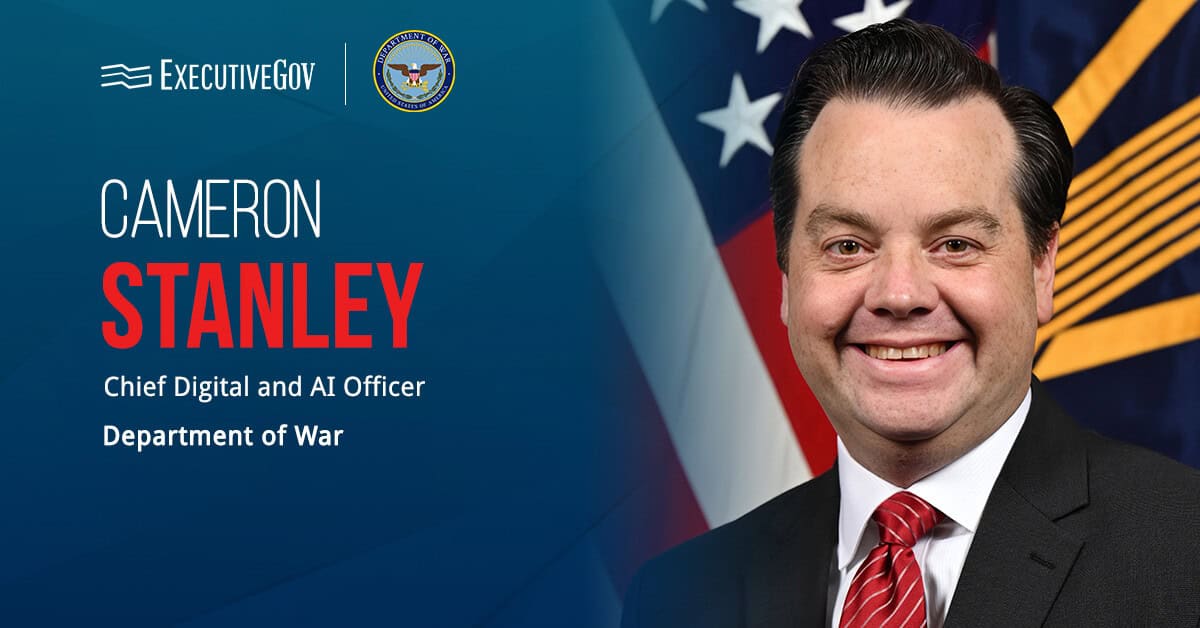
A NASA official said the space agency has transformed its cybersecurity posture since it implemented the Department of Homeland Security’s Continuous Diagnostics and Mitigation program in 2016, Nextgov reported Wednesday.Â
CDM “has tremendously helped NASA not only implement certain tools across the agency, but it’s also helped change and it is changing the culture and the discussion around cybersecurity overall,†Willie Crenshaw, program executive for CDM and risk management at NASA, said Wednesday at an FCW-hosted event.Â
Crenshaw mentioned how CDM helped improve its cyber response efforts and identify its assets. “We know more now than we did three years ago about what’s on NASA’s network,†he added.





